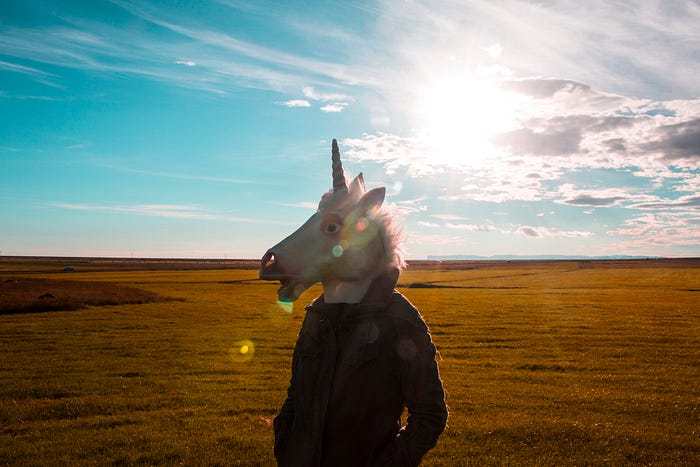Member-only story
Indie.vc: Unicorns Are Out, Profits Are In
Why a new approach to venture capital is powering more sustainable startups — and funding more diverse founders

Thompson Aderinkomi was understandably wary about raising venture capital again. Just four months after closing a $7 million funding round for his first startup RetraceHealth in 2016, Aderinkomi was pushed out of the startup by the new board. This was after he had spent three years and taken on $1 million of his own personal debt to build the company. “It was the worst time in my life,” he recalls. “I felt like I had failed my employees, my family, and my early investors.”
When Aderinkomi started another company in 2017, he took an entirely different approach to venture capital, with something called Indie.vc. Unlike traditional VC models, founders who take funding from O’Reilly AlphaTech Ventures’ Indie.vc aren’t pressured to make a land grab for market share or grow at all costs. Instead, Indie.vc startups receive a modest funding amount — ranging from about $100,000 to $1 million — along with a simple term sheet, and the expectations they’ll grow responsibly and turn a profit. There are no VCs added to the boards and no controlling stakes given away. And founders can even buy back the stakes (ranging between 10% and 15%) by hitting certain revenue targets…

